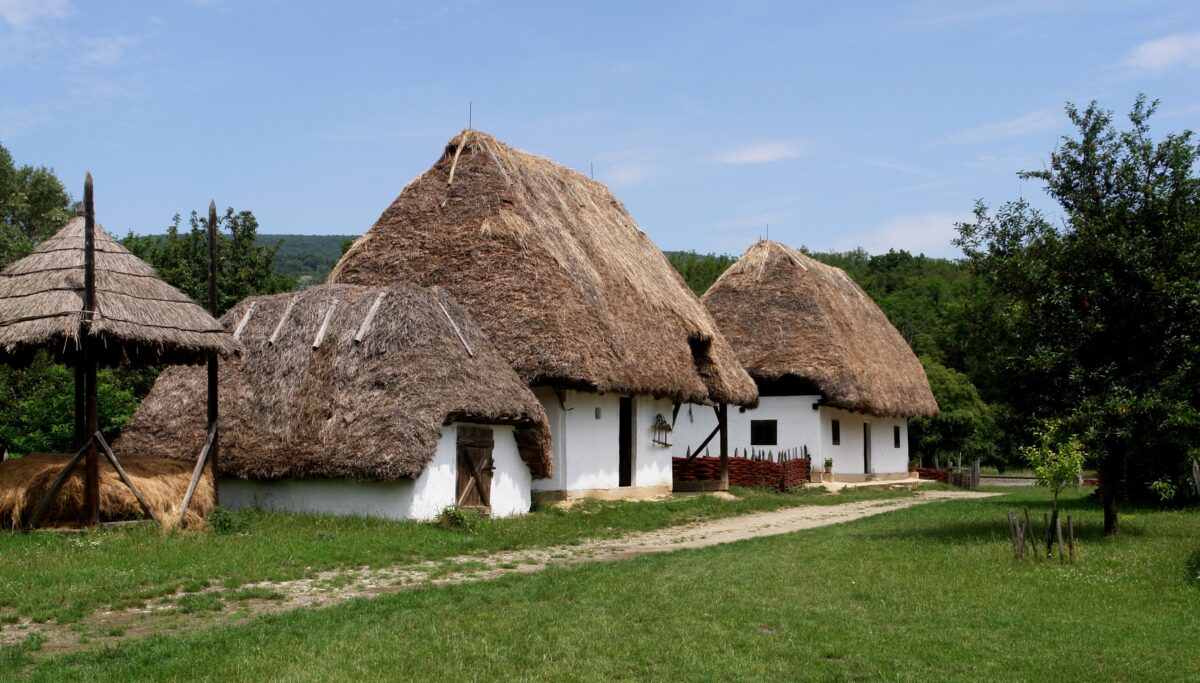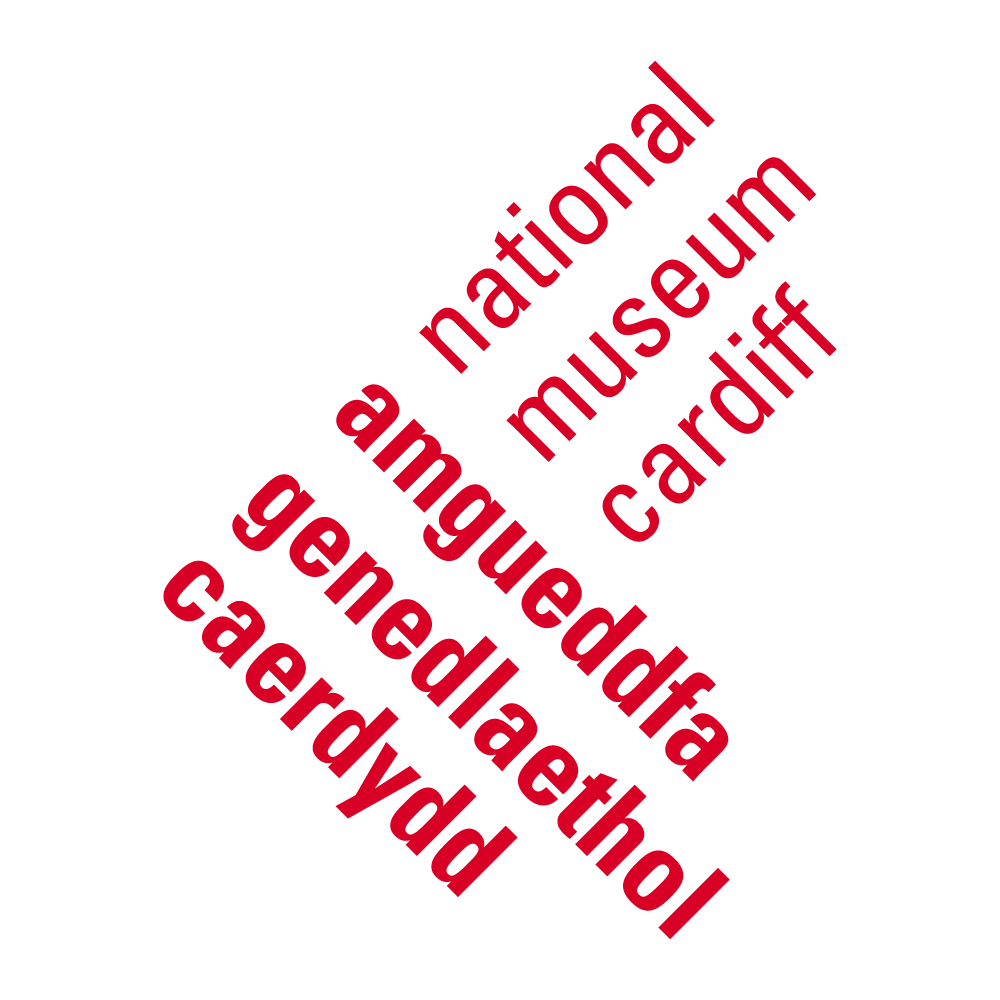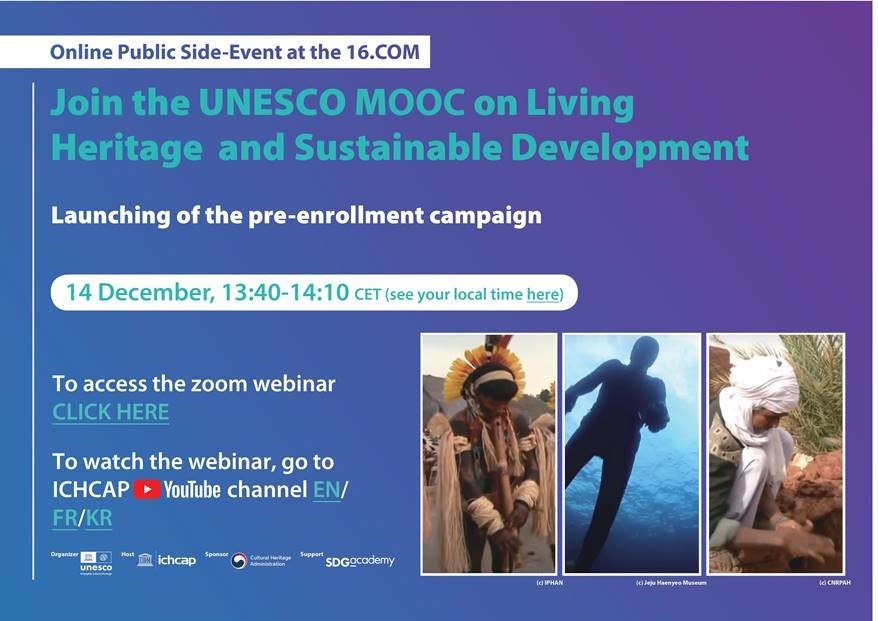Save the date! Our annual conference in 2024: Representations of and reflections on traumas in open air museums Date: 18-23rd August, 2024 Venue: Hungarian Open Air Museum, Szentendre Pre-conference tour: […]


Save the date! Our annual conference in 2024: Representations of and reflections on traumas in open air museums Date: 18-23rd August, 2024 Venue: Hungarian Open Air Museum, Szentendre Pre-conference tour: […]



On Tuesday 14 December 2021 from 13h40 to 14h10 CET the webinar ‘UNESCO MOOC on Living Heritage and Sustainable Development’ will take place as an online side-event of the 16th […]